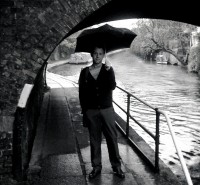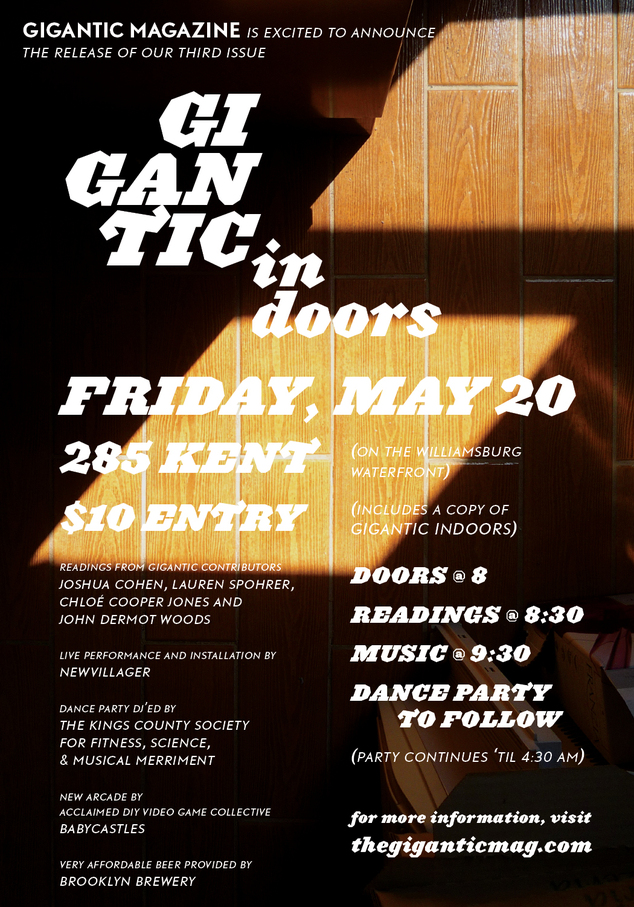Before Covid arrived and ruined everything, I was emailing with a writer I look up to, asking him about—I guess you would call it—procrastination. This was maybe January. I’d developed a bad habit of spending my Sundays chained to the computer, worrying over writing, sometimes trying to get blood from a stone, feeling like I wasn’t productive if I ripped myself away and did things. It was a bad state of mind and a worse state of creation—even worse when you think about what was coming. The writer I was talking to said:
I’d say–when you’re ready, write with fury and keep going–when you get tired, go out, take a walk, don’t think about the story; then when you’re ready, go back in and keep going. The writing mode is the opposite of the writing mode; the writing mode is a dream mode, similar to a daydream mode, or even more, a reading mode.
I’ve let that guide me these last sixish months of trying to write—despite knowing that the world as it was before March might never return—writing which sometimes resembles simply freaking out at the difficulty of writing, let alone finishing anything, and which at such times results in my simply migrating to social media and engaging in the supreme ease of participating in the cycle of rage and anxious irony that defines it, in particular making mountaintop-sounding proclamations about politics in long, bitter posts on Facebook (a favorite hobby of mine). In those moments writing fiction feels singularly useless. There is a world of active, fast conflict happening online. But the page is slow and no one likes it until it’s done, and probably not even then.
I think that hesitation before the page comes, like most mental paralysis, from fear. Will I be able to do it today? Am I a fake? Am I writing the wrong thing? In therapy sessions, I call it a “censor.” I might write a sentence, or a paragraph, and it’ll turn out less than good. So better to write nothing at all. Nothing lost, nothing attempted—but everything lost, because that fear you (I) felt at the computer screen echoes through the day and into the night and invades my dreams—the dream mode is no more a dream mode. Once it takes hold, I find, the censor censors everything.
But then there are mornings when the censor shuts off, or it’s like it wasn’t ever there, or maybe like it’s revealed to have been something that was somehow only ever the product of my own will, my own decision making. There’s no incessant “no”—no groans of, “You can’t do that because you might fail”—only daydreaming at the keyboard, playing a bit, kicking around images and sounds and half-remembered imprints of, for instance, a gas station in Tampa from twelve years ago. Then everything opens up and ambition and ego go mostly quiet—you can still hear them but they’re whimpering somewhere in the background, and it’s all about the expansion and contraction of an invented voice through the always-weird medium of words. Writing, in other words. The other mode—the censored mode, driven by fear—I don’t think I’d call that writing. It’s typing. It also might be a necessary part of the process, those many nothing attempts.
Anyway, welcome back, HTMLGiant.


